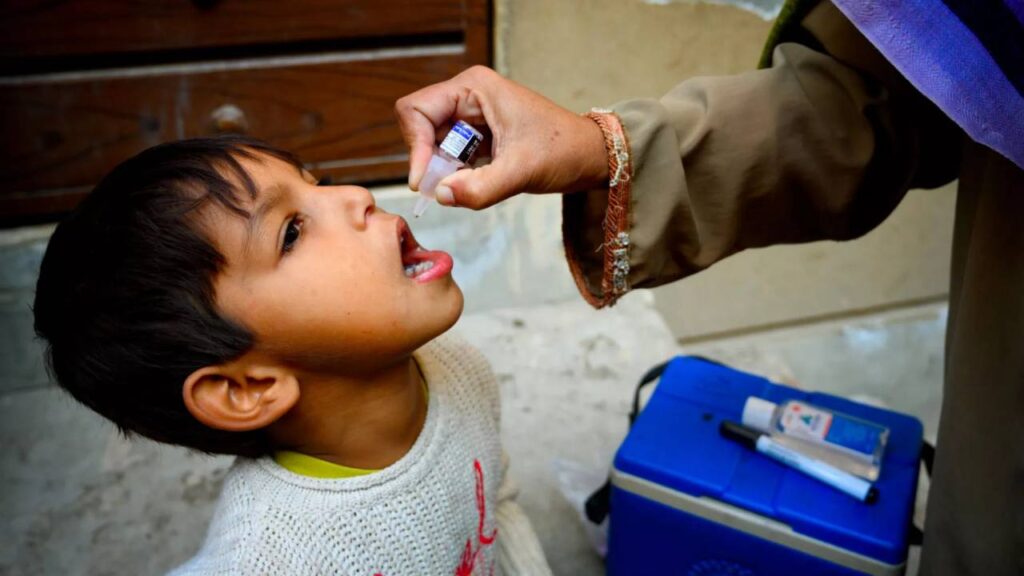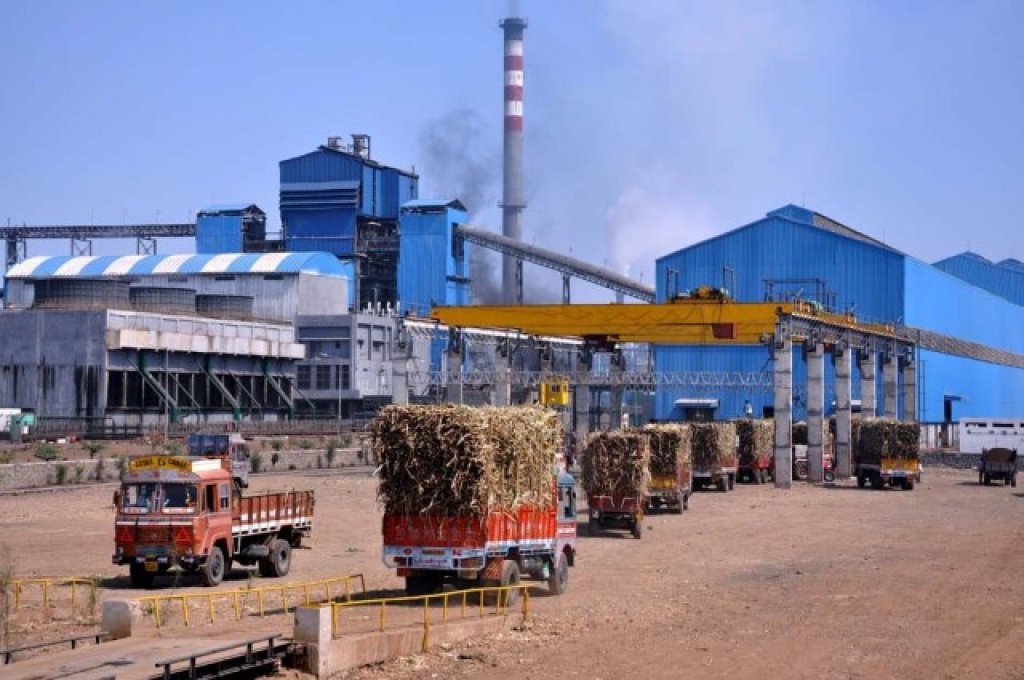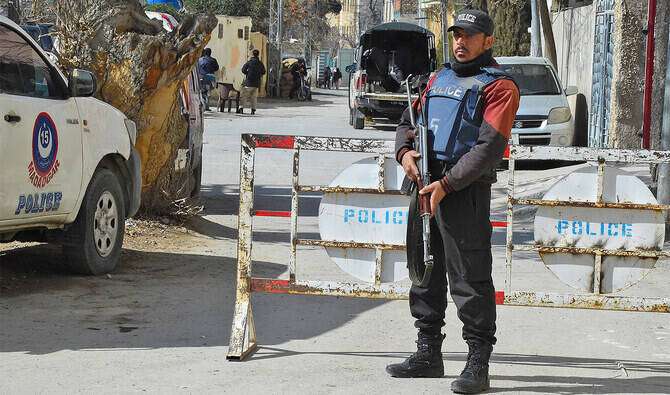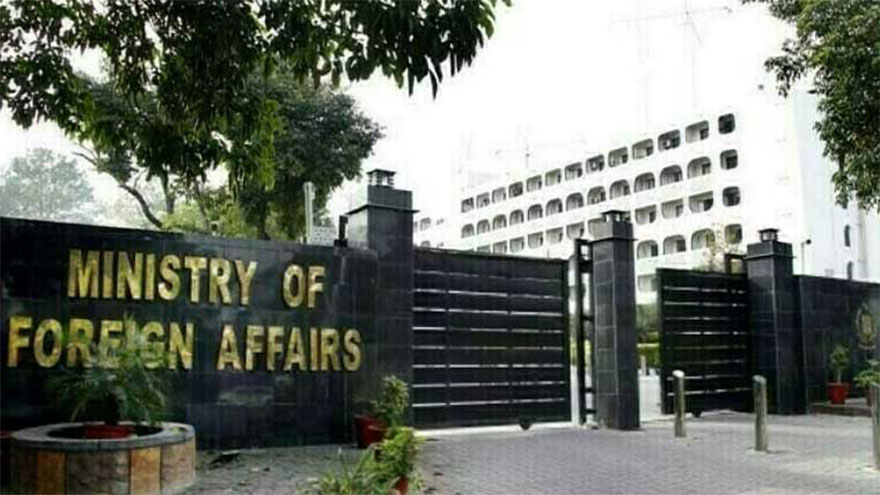The National Institutes of Health (NIH) in Pakistan reported on Tuesday that poliovirus was detected in 36 percent of sewage samples collected nationwide during July. The findings, based on 117 samples from 87 districts, indicate continued circulation of the virus despite ongoing eradication efforts.
While the NIH noted a slight decrease in positive detections compared to June (32%), signifying progress from high-quality vaccination campaigns, the presence of the virus in various regions remains a concern. Sindh reported the highest number of positive samples (19 out of 29 tested), followed by Punjab (12 out of 33). Khyber Pakhtunkhwa saw seven positive samples out of 34, a significant decrease from 14 in January. Balochistan reported only one positive sample, down from four in June. Islamabad had three positive results out of four samples tested.
The total number of polio cases reported in Pakistan in 2025 stands at 19, with the majority in Khyber Pakhtunkhwa (12 cases). The Pakistan Polio Programme has conducted six high-quality vaccination campaigns in the past year, aiming to vaccinate over 45 million children. Despite these efforts, the persistent detection of the virus highlights the ongoing challenges in achieving polio eradication in Pakistan, including security issues, vaccine hesitancy, and misinformation. The NIH announced that another sub-national polio vaccination campaign is scheduled for September 1-7, 2025, targeting 28 million children across 91 districts.







